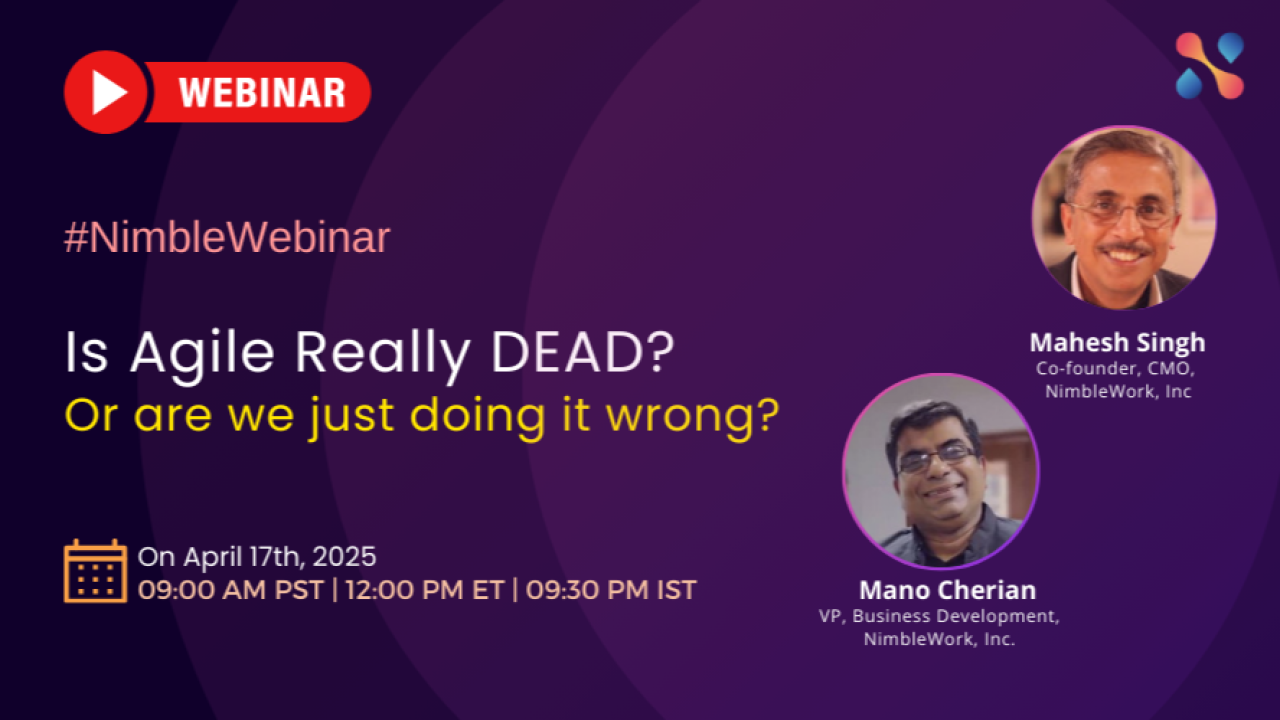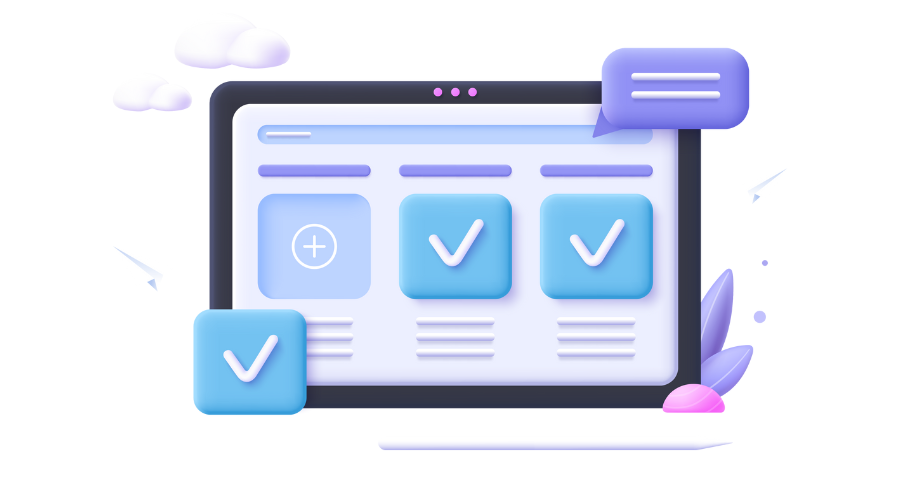Fast forward twenty years and we are sitting in a digital marketing review meeting. We were presented with so many dimensions, so much of information, data, graphs, correlations. It was overwhelming, to say the least. How could we possibly make sense of this and make an informed decision after analyzing so much of information?
In today’s day and age, there is an unprecedented deluge of information of all kinds, both personal and professional. The amount of information we are exposed to today is a magnitude of times higher than even 5 years back.
Focus and attention are key for getting things done and for productivity in general. Attention could be the difference between high or low productivity, creativity, and monotony and be feeling good and satisfied about our work or dissatisfying, mind-numbing and mundane work so aptly depicted in the Charlie Chaplin classic Modern Times.
But more than that, the pressing need in the resurgent Artificial Intelligence (AI) world that we live in today this might mean an existential problem, the difference between having a job or not having one. A lot of the current mundane high paying mid-level jobs will be taken up by machines. Experts predict that the (re) emergence of AI and machine learning will leave a bloody trail of lost jobs and a need for employees to reskill and retrain in other areas that are more creative and less amenable to being taken away by some robot or digital agent. By some estimates, 50% of the current jobs will be gone by 2025.
We are cornered with our backs to the wall. On one hand, we find it increasingly difficult to focus due to information overload and on the other, we have no choice but to do “deep work” that is not easily replicable, for which focus and attention are key.
I have gone back to basic biosciences to do some investigation and perhaps find some way out of this situation. In the past decade, neuroscience has made great strides and our knowledge of the brain’s functioning has been rapidly increasing. While the brain, especially the human brain, is still largely a mystery, we know a few things for sure.
We know that every input from any of our senses creates a load on the neural network. With the ever-increasing means of communication inputs from sources like the web, WhatsApp, SMS, phone calls, emails, etc. a cognitive overload is the most likely scenario. Every sensory input drains the brain of its resources to function effectively.
A lot of these inputs also requires decisions to be made. Decision making is independently another big consumer of brain resources. This way, information overload is a double whammy.
Our brain is not particularly adept at prioritizing between the various inputs. An important input and another not so important input get the same priority in the default mode. For this reason, the attentional filter in the brain is perhaps the most important evolution that has happened. This allows us to effectively shut off unwanted inputs.
With respect to attention, there are two kinds of network modes at play. The first mode is the mind wandering network. This a “task-negative” mode. This happens to be our default mode. This is where our thoughts are fluid and more creative. This mode consumes less energy and is restorative in nature. The second mode is the attention focus or “task-positive” network. This is the discipline of focus to get things done. This mode consumes a lot of energy. As you would appreciate, both the modes are important and we require an optimal balance between the two.
For optimal working, one must be able to make efficient switching between the two modes, a sine wave kind of a pattern with periods of high focus (peaks) and attention and interspersed with the mind wandering mode (troughs). There is a switch in the Insula of the brain that does the switching between the two modes.
The implication for an organization to survive and thrive in the future may be its ability to get “creative types” to work with the “disciplined types” and any company who has tried this knows very well that it is a non-trivial problem.
The prefrontal cortex, the part of the brain that is required for sustained attention has a novelty-bias and our minds are suckers and are addicted to new information like a kid in a candy store. It is challenging to focus and sustain attention over long periods of time.
Some things can grab our attention automatically, without any effort or will. Food and fear, for example, fall in this category. The other way to pay attention is to deliberately focus, that is by using our will. This deliberate focus changes the sensitivity of the neurons towards what has been willed. Perhaps this is the reason we always find enough evidence to support our preconceived assumptions.
Neurotransmitters are chemicals that play a vital role in the cognitive functioning. Some of the well studied and known neurotransmitters are noradrenaline (which is very similar to dopamine), the excitatory glutamate and the inhibitor GABA (Gama Amino Butyric Acid), acetylcholine. The balance of these chemicals is extremely important to focus. Acetylcholine density, for example, helps the attentional filter to work better. And this changes at a sub-second level in our brains.
Multitasking is an addictive bad habit since it releases dopamine, the reward system for the brain. It gives us the dangerous “feeling” that we have achieved a lot, a perpetual dangerous feedback loop with a reward. Switching between tasks makes the prefrontal cortex and striatum to burn up a lot of energy. This very energy is vital to focus our attention on tasks at hand. Multitasking also releases the stress hormone cortisol. There is some correlation between multitasking and decreased density of anterior cingulate cortex, an important region of the brain that governs higher-level functions like empathy and emotional control and decision making. Because of all this, less work gets done when we are multitasking. In effect, multitasking is making us addicted and dumb and the long-term effects are harmful.
In contrast, there is some tenuous evidence that during deeply focused work more myelin is produced. Myelin is the protective sheath that covers the axon of the neuron and is responsible for the faster propagation of impulses along the neuron. Myelin makes the brain work faster and better. This can be a double benefit – focus and deep work is not only good quality productive work but has this amazing benefit like doing your reps in the gym for the brain.
The question that begs to be asked is why write or talk about some random facts about the brain when we have so many better things to do. My hypothesis is that as leaders and managers, a better understanding of brain functions and modes may help us at our jobs. Like top sports coaches who understand the body and mind mechanics very well, we as managers will have to understand the brain well to get high-performance teams in our workplace. It may be the secret sauce that can help us to be more self-aware, an essential foundation for a manager. It may also help managers better understand their teams and the environmental dynamics to drive productivity in a cognitive, creative world that is knocking at our doorstep.
Note: The article is influenced and based a lot of recent work and writings in Neuroscience by various scientists especially by Dr. Daniel Levitin, Dr. Srini Pillay and others.
Raghunath Basavanahalli
Sr. V.P. & Head of Business Development and CS








